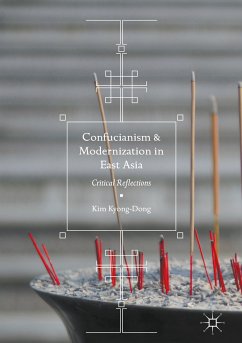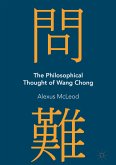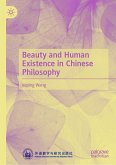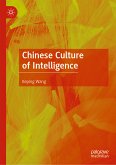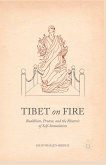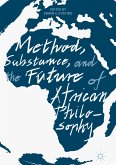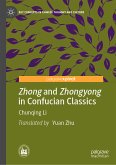Spanning the 19th and 20th centuries and identifying multiple waves of modernization, this book illustrates how principles originating in Chinese Confucianism have impacted the modernization of East Asia, especially in Korea. It also analyzes how such principles are exercised at personal, interpersonal and organizational levels. As modernization unfolds in East Asia, there is a rising interest in tradition of Confucianism and reconsider the relevance of Confucianism to global development.
Dieser Download kann aus rechtlichen Gründen nur mit Rechnungsadresse in A, B, BG, CY, CZ, D, DK, EW, E, FIN, F, GR, HR, H, IRL, I, LT, L, LR, M, NL, PL, P, R, S, SLO, SK ausgeliefert werden.
"Kim's book is a solid work that provides sound argumentation and abounds in important historical patterns that point to the recognition that Confucianism is, indeed, a major and lively religious and ethical tradition that is capable of operating efficiently behind the curtains in order to constantly form, inform, and reform societies that are facing the uncertainties of a modern(izing) world." (Lehel Balogh, Religious Studies Review, Vol. 45 (2), June, 2019)
"This three-volume series is a magnificent synthesis of questions and debates over modernization, development and Confucianism in the context of Korea and East Asia. ... In sum, the trilogy is a great accomplishment not only for the author, but also for the Korean sociological community, channeling their distinctive experience of modernization with global academia." (Jaeyeol Yee, Development and Society, Vol. 46 (3), December, 2017)
"This three-volume series is a magnificent synthesis of questions and debates over modernization, development and Confucianism in the context of Korea and East Asia. ... In sum, the trilogy is a great accomplishment not only for the author, but also for the Korean sociological community, channeling their distinctive experience of modernization with global academia." (Jaeyeol Yee, Development and Society, Vol. 46 (3), December, 2017)
Es gelten unsere Allgemeinen Geschäftsbedingungen: www.buecher.de/agb
Impressum
www.buecher.de ist ein Internetauftritt der buecher.de internetstores GmbH
Geschäftsführung: Monica Sawhney | Roland Kölbl | Günter Hilger
Sitz der Gesellschaft: Batheyer Straße 115 - 117, 58099 Hagen
Postanschrift: Bürgermeister-Wegele-Str. 12, 86167 Augsburg
Amtsgericht Hagen HRB 13257
Steuernummer: 321/5800/1497
USt-IdNr: DE450055826
Bitte wählen Sie Ihr Anliegen aus.
Rechnungen
Retourenschein anfordern
Bestellstatus
Storno

